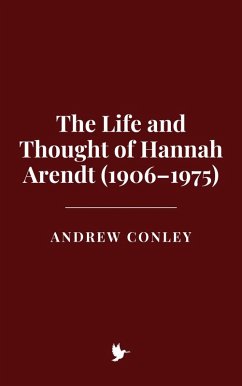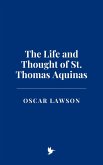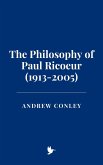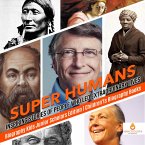The analysis draws on Arendt's foundational works such as The Origins of Totalitarianism, The Human Condition, On Revolution, and Eichmann in Jerusalem, offering detailed commentary on her insights into totalitarianism, democracy, human action, and the complexities of political life. Arendt's examination of the relationship between power, freedom, and authority challenges conventional political paradigms, offering an alternative vision that emphasizes the significance of collective action, moral responsibility, and active participation in shaping a shared political world. The book also engages with Arendt's skepticism toward modern ideologies, especially her critical stance on both liberalism and Marxism, and her reflections on the potential dangers of ideologies in political life.
Drawing connections between Arendt's historical context and contemporary political developments, the book examines the continued relevance of her ideas in understanding today's political crises, from authoritarianism to the challenges facing liberal democracies. Arendt's commitment to the preservation of pluralism, human freedom, and the public sphere remains a vital lens for interrogating the state of political life in the modern world, making this book a comprehensive study of her enduring intellectual legacy.
Dieser Download kann aus rechtlichen Gründen nur mit Rechnungsadresse in A, B, CY, CZ, D, DK, EW, E, FIN, F, GR, H, IRL, I, LT, L, LR, M, NL, PL, P, R, S, SLO, SK ausgeliefert werden.









